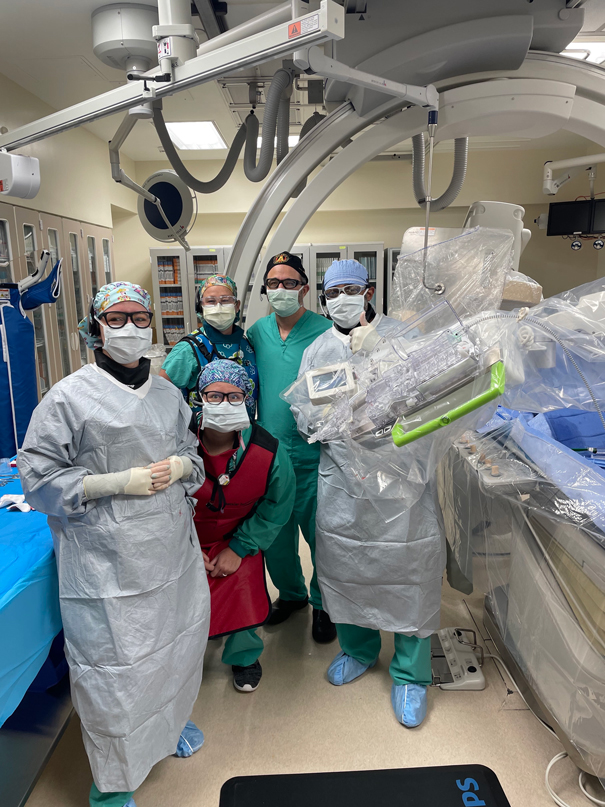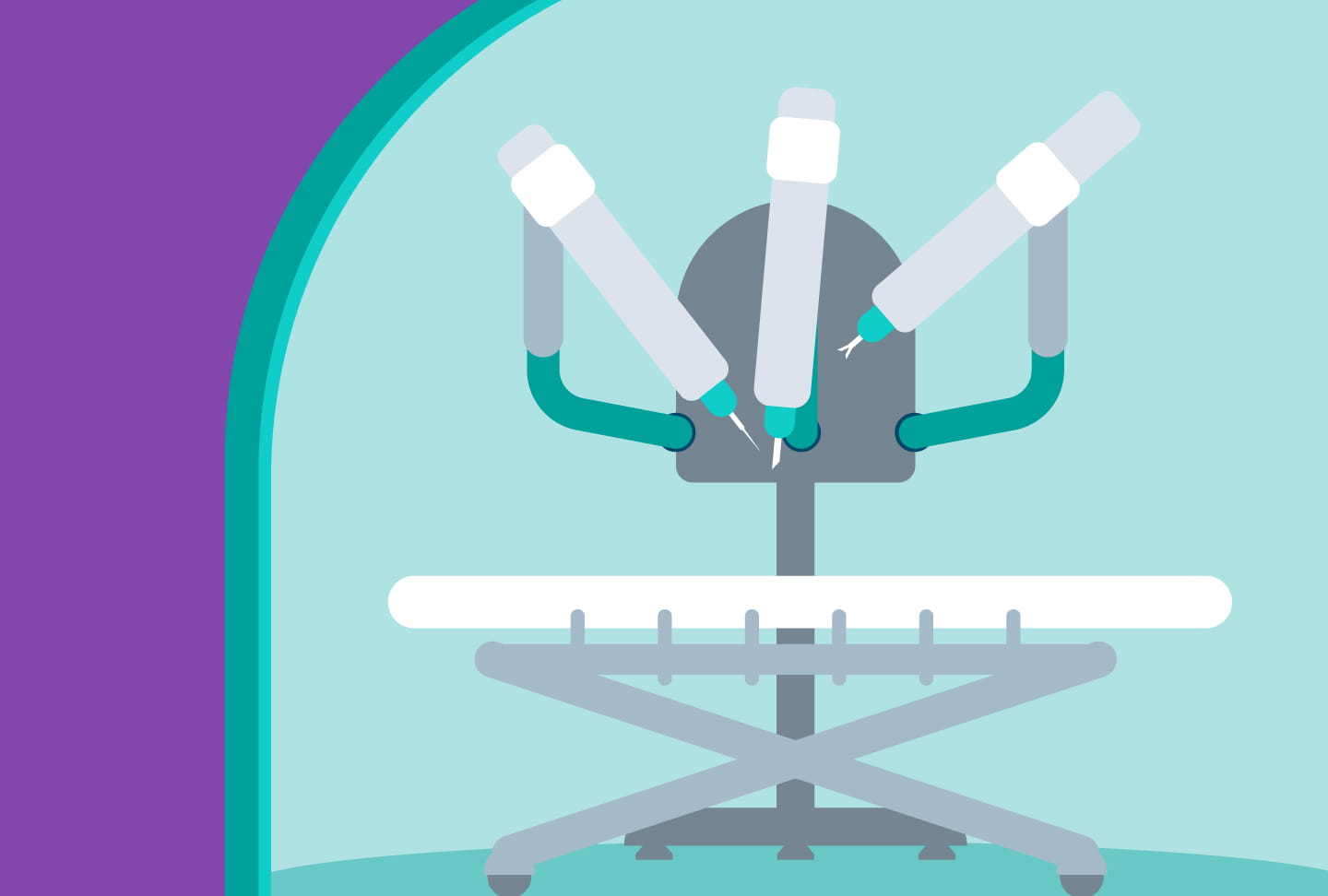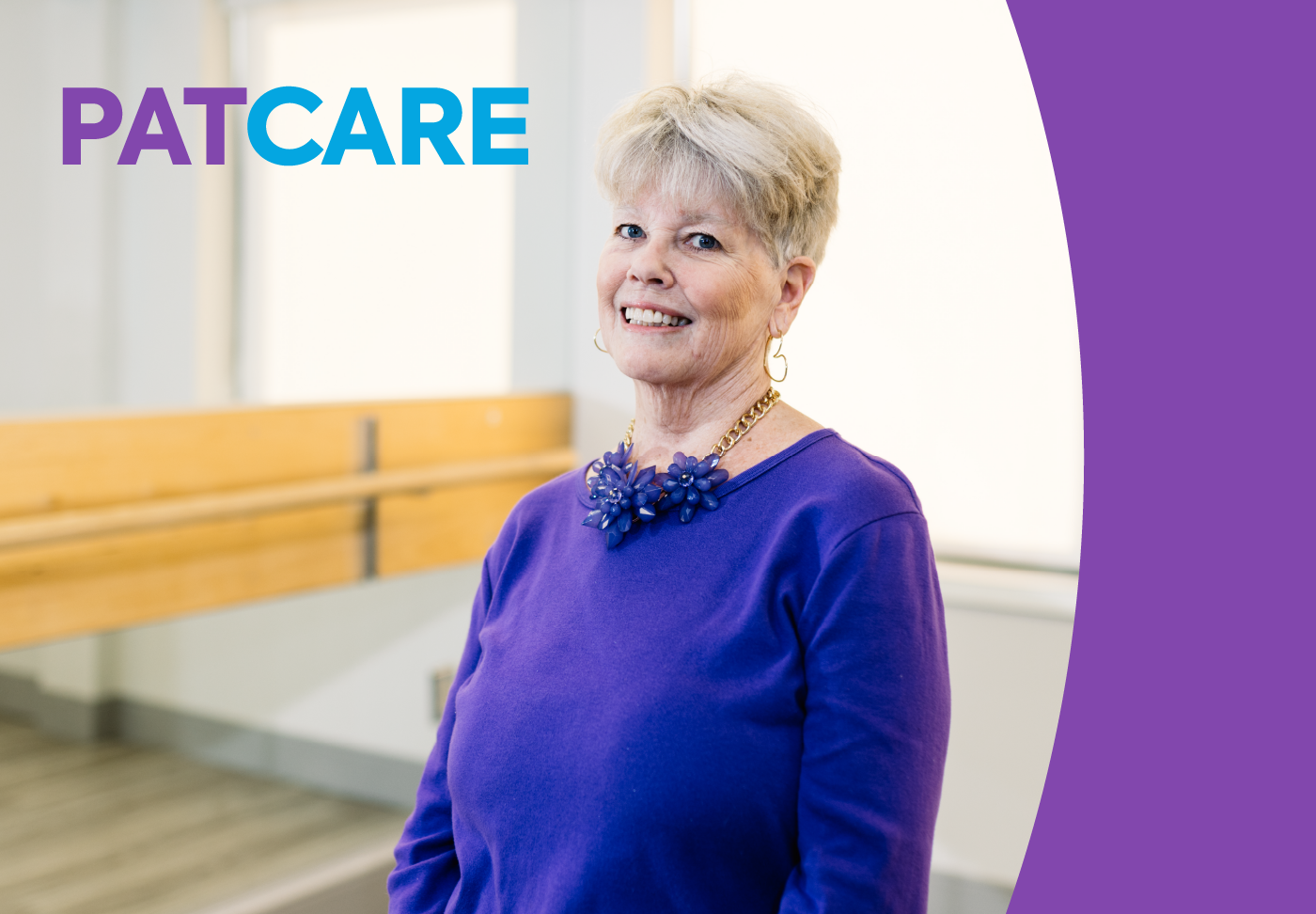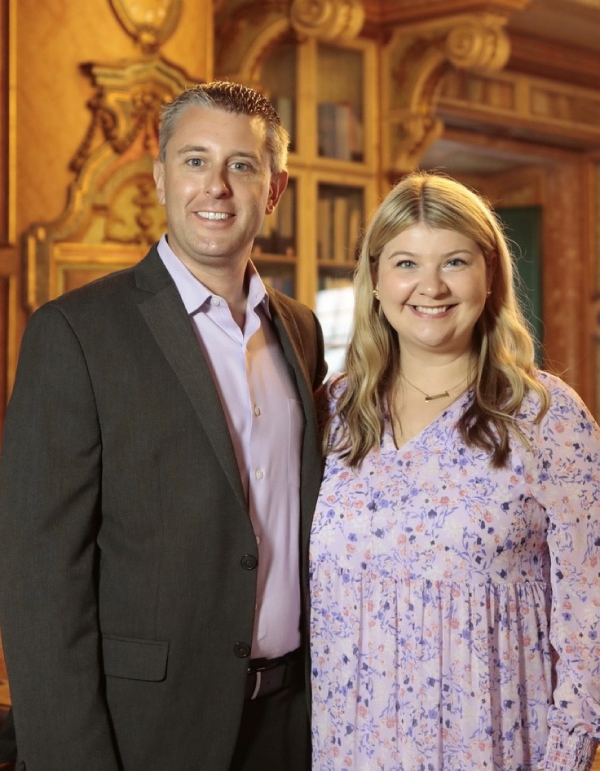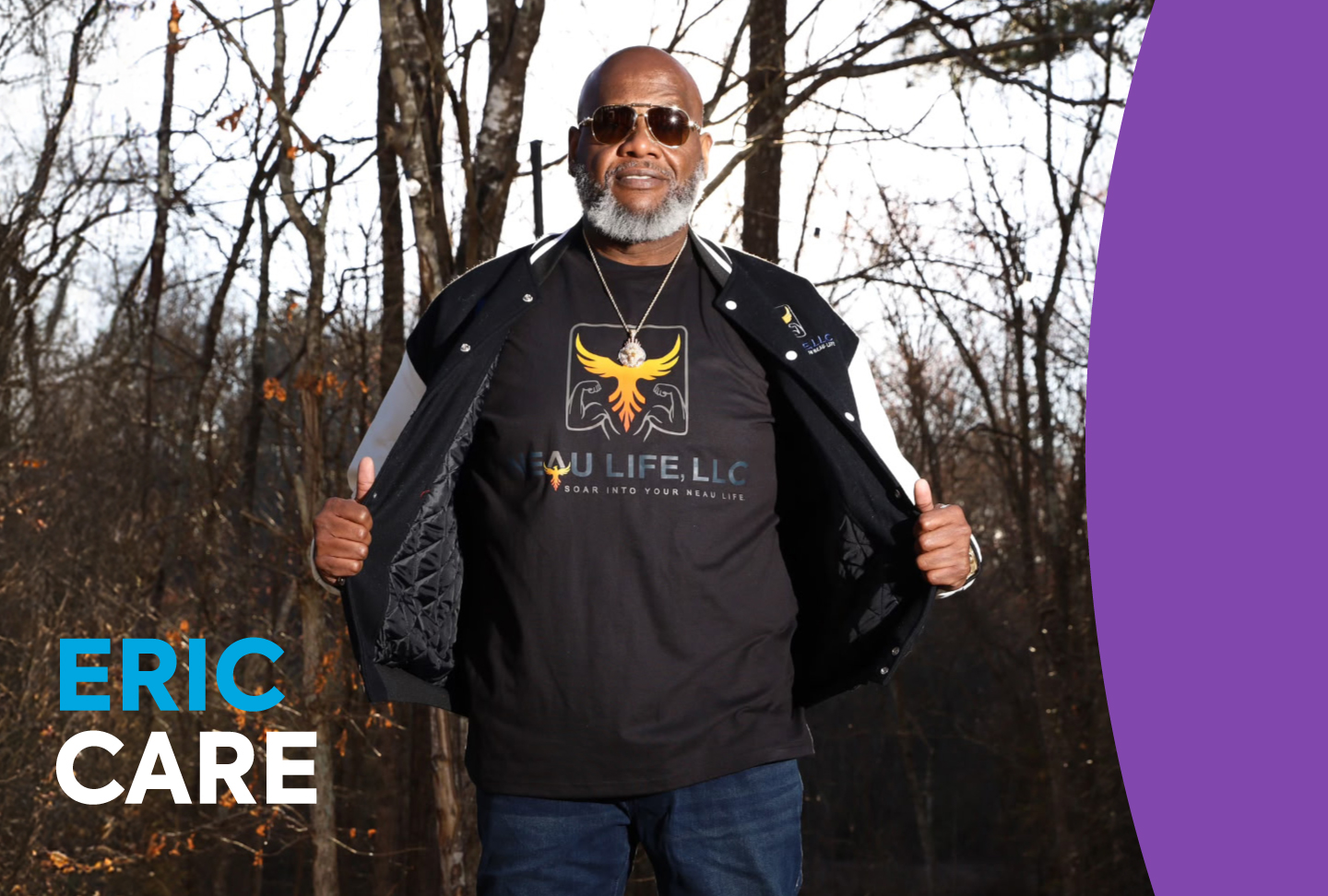Wellstar Kennestone Hospital performed its first robotic neurovascular case — a diagnostic cerebral angiogram, which is a procedure used to evaluate blood vessels in the brain. The ability to complete these high-level procedures is now possible using the CorPath System, a robotic-assisted technology. Neurosurgeons Dr. Ahmad Khaldi and Dr. William Humphries performed the procedure.
“The first case with the CorPath System was very successful. Sitting away from the patient in a radiation-protected cockpit, I was able to use a joystick to advance the catheter, millimeter by millimeter,” Dr. Khaldi said. “Additionally, the enhanced visualization of the technology provided me with great control of the catheter. In my opinion, the enhanced control, visualization, and measurement of the CorPath System will transform the way we perform neurovascular procedures and ultimately improve patient care.”
“An aging baby boomer population is driving demand for new innovative technologies to treat strokes,” added Dr. Humphries. “Robotics offers physicians and patients a minimally-invasive technology that may improve the ability to provide rapid endovascular care to patients in the future.”
The CorPath System allows interventional neurosurgeons to perform the procedure remotely, away from the patient bedside. Seated in a radiation-protected cockpit, the physician uses a joystick to robotize catheters and wires to access the neck and brain blood vessels. Additionally, the technology provides neurosurgeons with the ability to accurately measure blockages and precisely position stents. The hope is that this technology will eventually be used for additional stroke treatments to restore blood flow to the brain and treat other complex diseases such as brain aneurysms.
“We are proud to be one of the first medical centers in Georgia to adopt the CorPath System,” said Wellstar Senior Vice President and Wellstar Kennestone Hospital Chief Operating Officer Callie Andrews. “The adoption of the CorPath System at Wellstar Kennestone truly emphasizes our continuous commitment to delivering state-of-the-art technology to our patients and clinical community.”
